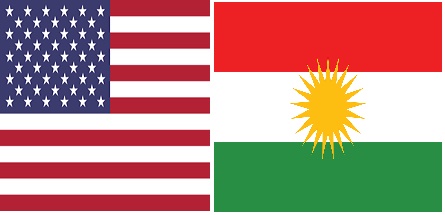Iraqi Kurds and Superpowers: The United States and China
No superpower has been able to avoid involvement in Kurdistan in modern history: the United Kingdom, France, and Russia (Soviet Union) were all involved in various ways. During the Cold War, in the 1970s, the United States began direct engagement with the Kurds; this was led by Henry Kissinger, who had the goal of balancing superpowers. Only recently, China has started to establish relations with the Kurdistan.
In light of this, I will focus on the US-Iraqi Kurdistan relationship and China's rise in the region. I attempt to answer if the Cold War set a precedent to this or whether the current superpower engagements are quite different.While the United States are establishing a multifaceted partnership with Iraqi Kurdistan, China is quietly and sensitively attempting to establish itself in the region without engaging with the Kurdish cause or building alliance.
I contend that the US and China have very different relationships with the Kurds and Kurdistan, and that these relationships will have a significant impact on the Kurds future. Aside from great power politics, I am interested in how these superpowers are conducted and perceived locally, primarily by elites and intellectuals.
Sardar Aziz, PhD.
Researcher, advisor, and columnist. Works with a number of Middle East-focused think tanks. PhD, University College Cork/Ireland; former senior advisor to the Kurdistan parliament/Iraq. He writes in both English and Kurdish.
This event is free and open for all - The event will be held in English - Coffee, tea, pastries
